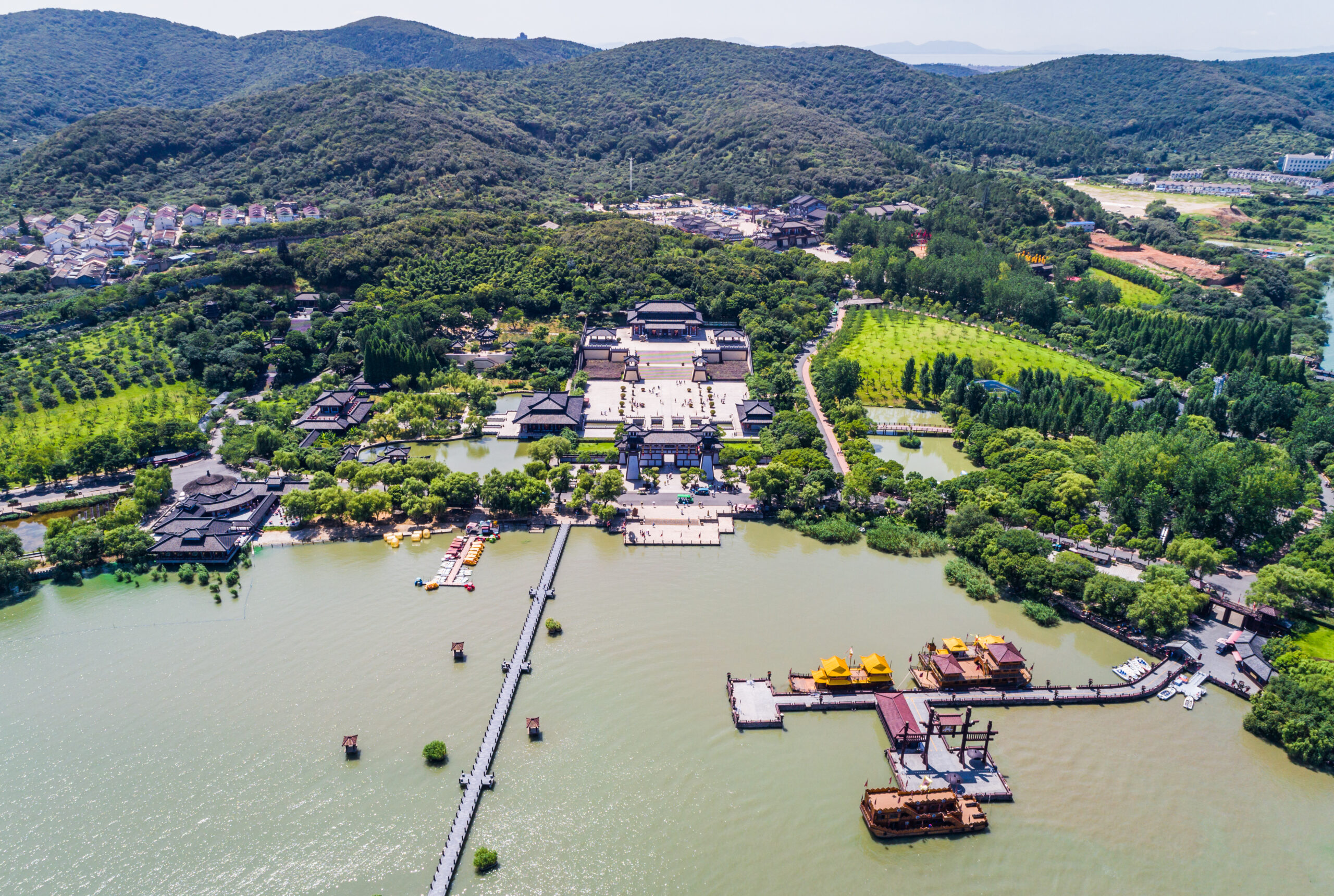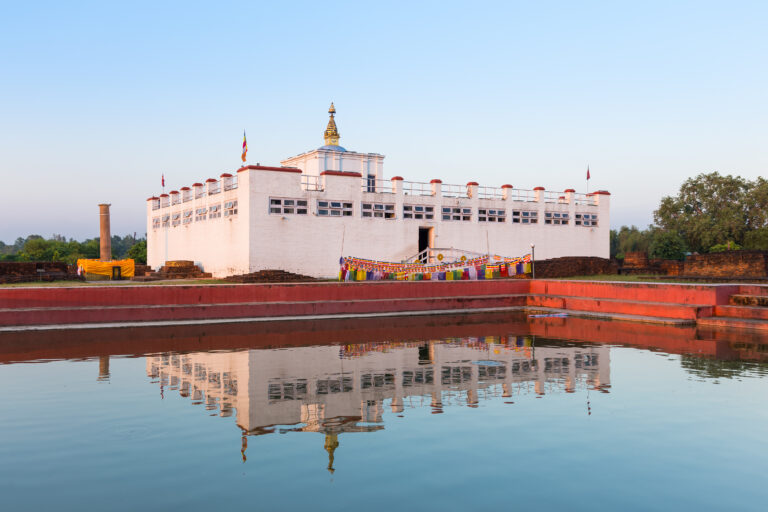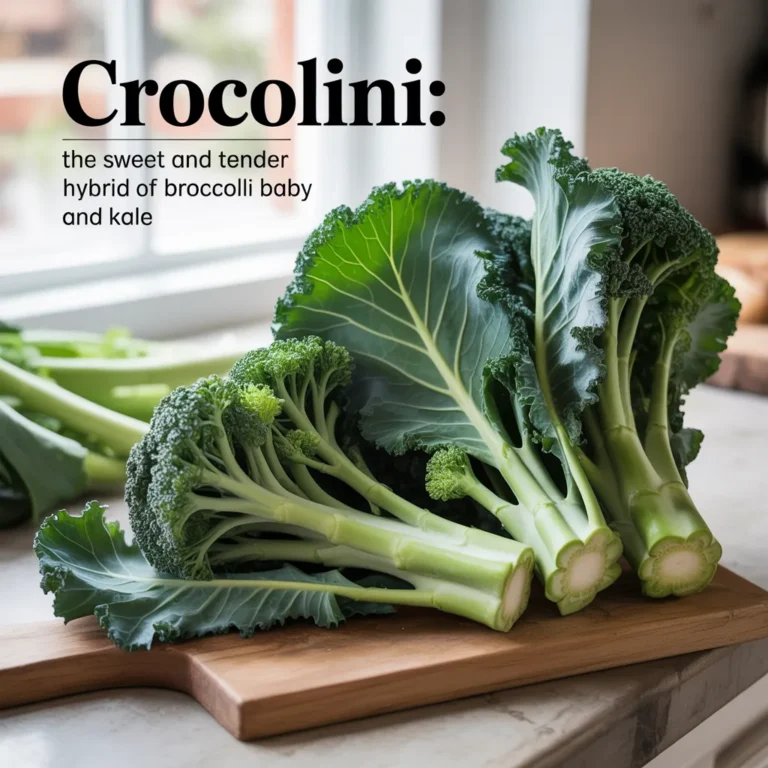
Tonghua
Nestled in the southern part of Jilin Province, northeastern China, Tonghua (Chinese: 通化; pinyin: Tōnghuà) is a prefecture-level city rich in history, culture, and natural resources. Often called one of China’s five major medicine production centers, Tonghua combines tradition, innovation, and scenic beauty, making it a unique destination for travelers and a hub for the pharmaceutical industry.
Location & Overview
Tonghua is located in the southeast of Jilin Province, bordering North Korea across the Yalu River. Covering an administrative area of approximately 15,600 km², it had a population of around 1.81 million as of 2020. The city’s strategic border location, mountainous terrain near the Changbai Mountains, and over 60% forest coverage make it a “mountain city” with abundant natural resources.
Historical & Cultural Roots
Tonghua’s human history stretches back over 6,000 years. The region was once part of the ancient Goguryeo kingdom (37 BCE‑668 CE), and archaeological findings reflect this rich heritage. Under the Qing Dynasty, Tonghua was a frontier area home to diverse ethnic groups including Han Chinese, Manchu, and Koreans. In the 20th century, Japanese occupation brought infrastructure and industry, linking Tonghua to China’s broader Northeast industrial network.
Culturally, Tonghua retains traditions like Manchu shamanism and Korean minority practices, adding a vibrant layer of heritage to the region.
Economy: From Tradition to Innovation
Medicine Production
Tonghua is famously one of China’s five medicine production centers. Known as the “Hometown of Ginseng,” the city’s mountainous forests, particularly near Changbai, provide perfect conditions for growing ginseng and other medicinal herbs.
In recent years, Tonghua has focused on innovation and quality in its ginseng industry. By 2024, the output value of the ginseng industry reached around 37.8 billion yuan (≈US$5.2 billion) in the first eleven months, with full-year estimates approaching 40 billion yuan—a 13.6% increase year-on-year. The local government promotes a “Four Goods” strategy: good forests, good seeds, good methods, and good branding, ensuring Tonghua remains a global leader in traditional Chinese medicine.
Other Industries
Beyond medicine, Tonghua has developed industries in wine production, metallurgy, forestry, agriculture, and tourism. Tonghua wine is renowned for its quality, and local agricultural products, such as mountain-grown rice and grapes, further strengthen the city’s economy. Modern industrial parks and private enterprises have revitalized Tonghua, blending traditional industries with new business opportunities.
Natural Assets & Tourism
Tonghua is a city of natural beauty. Its forests, mountains, rivers, and volcanic crater lakes offer a wealth of outdoor experiences. Key attractions include:
-
Five-Fairy-Peaks Forest Park (五女峰): Nestled in the Changbai area, this park combines legend with stunning scenery.
-
Longgang Crater Lakes: Volcanic crater lakes surrounded by dense forests create a tranquil and picturesque environment.
-
Yuhuang Mountain: A local landmark with hiking trails and panoramic views of Tonghua’s cityscape and natural surroundings.
These sites, combined with the city’s cultural heritage, make Tonghua an ideal destination for travelers seeking history, nature, and wellness experiences.
Modern Tonghua: Bridging Past and Future
Today, Tonghua balances tradition with modernization. Its ginseng and medicinal herb industries honor ancient practices while embracing cutting-edge agricultural techniques and quality standards. The city’s growing infrastructure, educational institutions, and healthcare facilities support both residents and visitors.
Tonghua’s position on the border of China and North Korea adds strategic significance, making it a gateway for cross-border trade and cultural exchange. With increasing investment in tourism, health industries, and local innovation, Tonghua is poised to grow as both an economic and cultural hub in northeastern China.
Conclusion
From its ancient roots to its modern industries, Tonghua exemplifies the harmony of tradition, innovation, and natural beauty. Known worldwide for its medicinal herbs and ginseng, the city continues to thrive while preserving its rich cultural heritage and scenic landscapes. Whether you are a traveler seeking serene mountains, a history enthusiast, or someone interested in traditional Chinese medicine, Tonghua offers an experience that is both unique and unforgettable.







